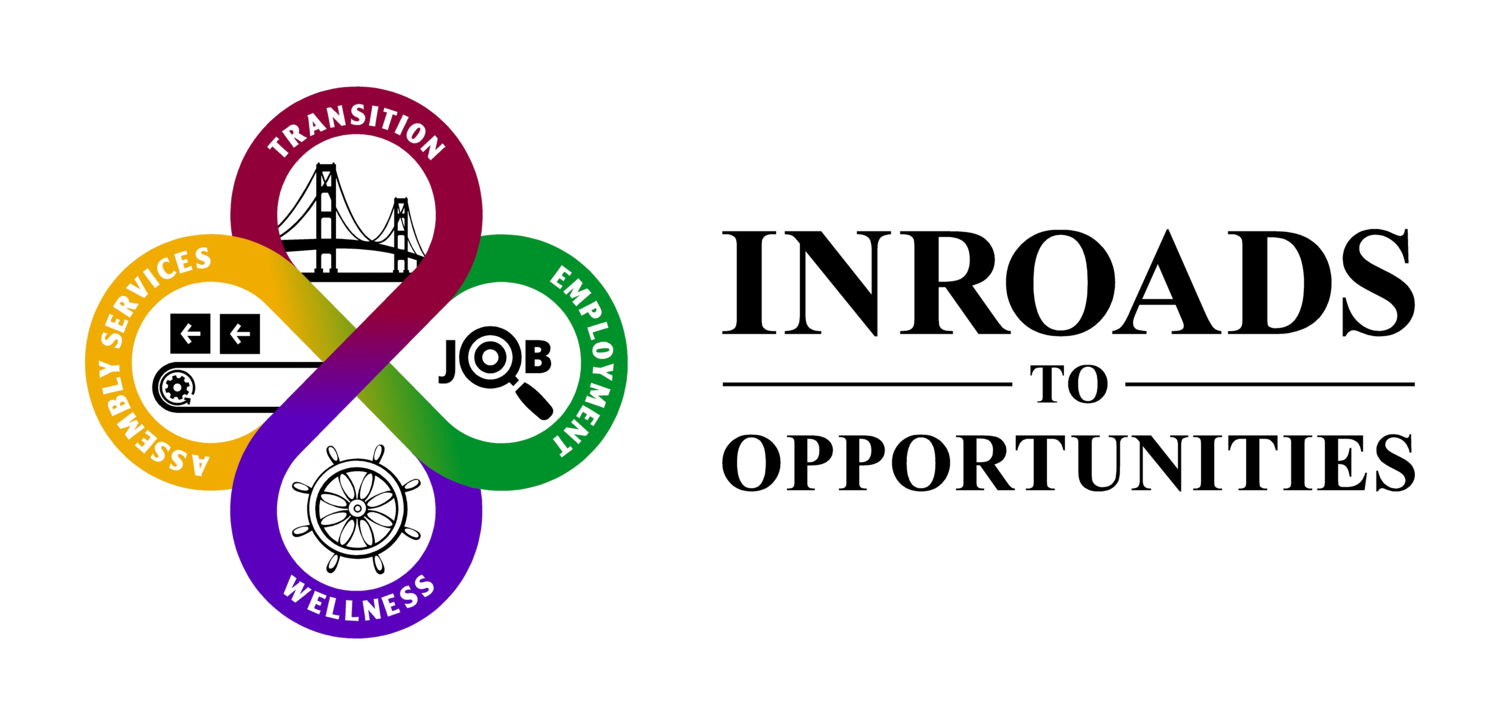Building Services Specialist
Empowering people with disabilities in their pursuit of employment, independence and life skills since 1959, we are a social services agency providing programs and services to over 400 individuals annually with various types of disabilities. Inroads to Opportunities offers a fulfilling employment experience for those who are committed to supporting individuals with developmental disabilities.
We are seeking an experienced Building Services Specialist in Roselle, NJ. The primary function of this role is to maintain all Center facilities in proper, clean, sanitary and safe condition. This includes all offices, restrooms, workshop areas, dining areas, meeting rooms, common areas, parking lots, surrounding grounds and all other areas as assigned in accordance with all required regulatory and Inroads standards.
Responsibilities
Maintain all Center facilities in proper, clean, sanitary and safe condition. This includes all offices, restrooms, workshop areas, dining areas, meeting rooms, common areas, parking lots, surrounding grounds and all other areas as assigned in accordance with all required regulatory and Inroads standards.
Cleaning to include but not limited to sweeping, mopping, vacuuming, dusting, and wiping down surfaces.
Sanitizing to include but not limited to restrooms, appliances, and common areas.
Restock bathrooms, consumables, and cleaning supplies.
Take out the trash and recyclables, and maintaining trash and recyclables receptacles.
Identify and report any health and safety hazards to President/CEO or other members of the leadership team.
Set up and break down janitorial equipment, floor scrubbers and other janitorial machinery, and returning all to its proper location.
Other duties to include but are not limited to polishing walkways, changing light bulbs, managing smoking areas, cleaning cafeteria stations, and moving supplies and/or furniture that can be done safely and effectively.
Clean and contain spills, blood borne pathogens and bodily fluids in accordance with all required safety standards.
Properly use and maintain all cleaning solutions and supplies safely and securely in accordance all required regulatory and Inroads standards. Follow all protocols on Material Safety Data Sheets and Federal Right to Know Act.
Utilize required Personal Protective Equipment (PPE) when performing all job tasks.
Requirements:
While performing the duties of this job, the employee is required to lift, carry and/or move up to 50lbs.
High school diploma or GED equivalent.
1-4 years of janitorial experience.
Read, write, and communicate in English regarding work tasks.
Perform math computations on a high school level.
Valid New Jersey Driver’s license in good standing a plus.
Benefits:
Inroads to Opportunities offers full-time employees health insurance, dental insurance, vision reimbursement, flexible spending account, health savings account, life insurance, retirement plan, and tuition reimbursement.
We kindly request that you do not call or visit our office regarding the status of your application. We will contact candidates who meet our qualifications directly to schedule an interview. Thank you for your understanding.
Compensation:
$16.79 - $21.83 per hour
Inroads to Opportunities is an equal opportunity employer. All qualified Applicants will be considered regardless of race, color, religion, sex, national origin, political affiliation, sexual orientation, gender identity, marital status, disability, protected veteran status, age, or other legally protected characteristics. Applicants requiring accommodations to the application and/or interview process may request it orally or in writing.
